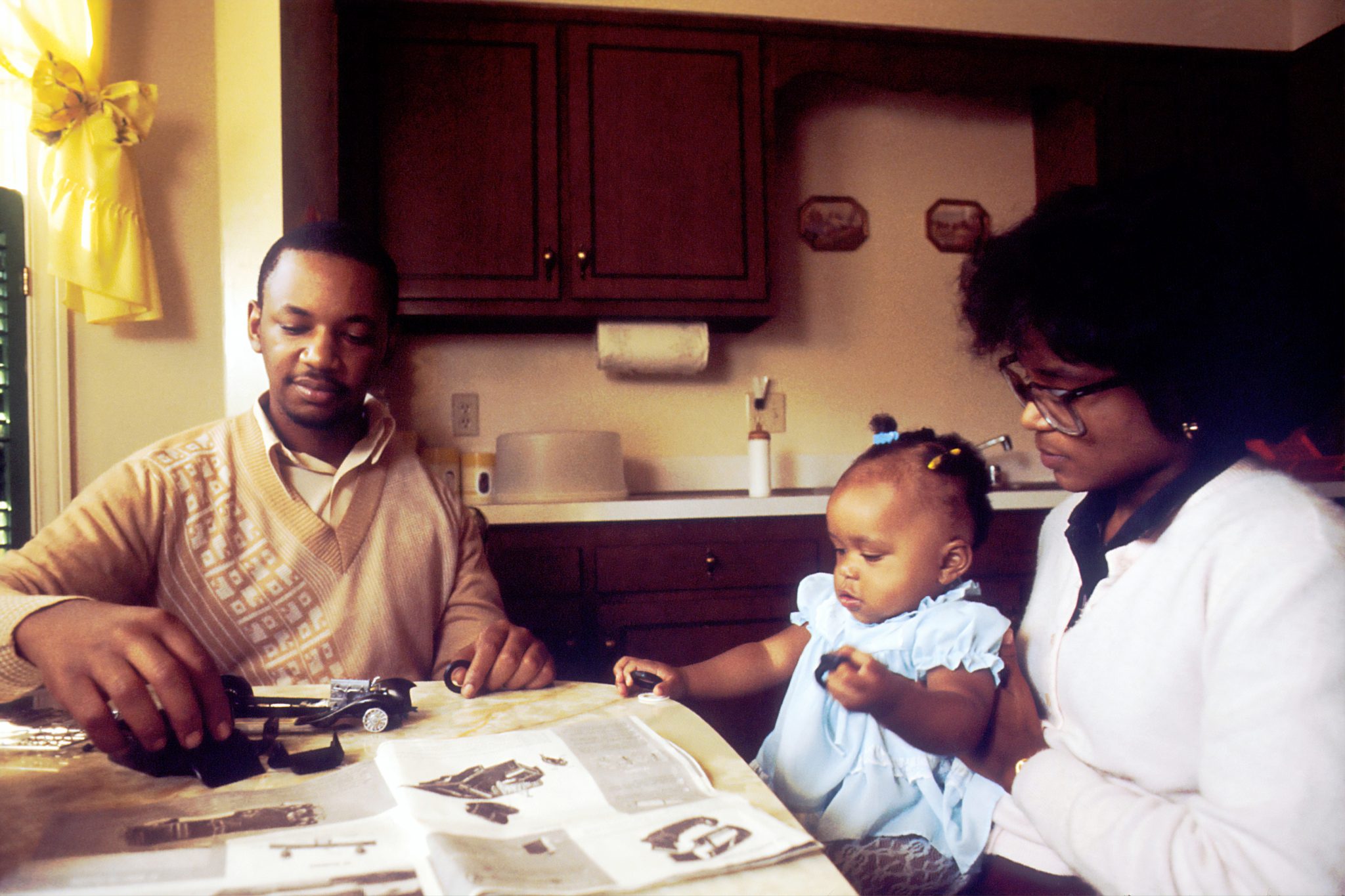As fathers, we have a lot of concerns when it comes to our children, even from before they are born. Because we want to be everything for our children, we can’t help but get frustrated at the things we are responsible for, yet can’t control, like feeding your child. Meals can prove to be quite a difficult task for many, but only because of how much we care, and how little information a baby provides. If you can relate to how difficult feeding time is, this article is for you. These practical tips will help you be the ultimate dad in no time.
Meal Boundaries
Boundaries are often associated with words like harsh, cold, and rigid, but actually, they’re essential for healthy family relationships. When it comes to meals with your child, you need to set some boundaries because these are what will define the meaning of mealtime for them later on. These boundaries can be in the form of talking with them during meals about your day and theirs. You could also keep mealtime a television-free, phone-free time. In fact, it’s necessary to create a safe space where you can be with your child without distractions, and mealtime can be perfect for that. When they grow up, they’ll learn to respect mealtime, and if you play your cards right, you’ll have a connected family that you can be proud of.
Balance is Key
Maintaining a balanced diet is important for your child’s health, especially during their fundamental years. However, this doesn’t mean they shouldn’t get to eat other fun foods like cake, chips, and chocolate. To maintain a healthy diet, you need to consume enough proteins and vitamins, so make sure to include grains like rice, seedless fruits as well as vegetables – keeping up the variety of flavors and textures. Keep in mind that it’s important to stay away from heavily salted foods, saturated fats, and too much sugar. As for the fun foods, establish a system where they’re only occasional. The sooner you do that, the less trouble you’ll have when it comes to establishing rules later on.
Placemats
An underrated object, yet one that’s proved to be a lifesaver is placemats. When eating, kids manage to make a complete mess of their surrounding areas. Not just that, but some kids have a tendency to throw their plates and utensils on the ground. To avoid any such mishaps, take some time to look at the best placemats for kids since each one comes with a set of features to accommodate specific needs. Whether you want something that’s dishwasher safe for easy cleanup, BPA-free to avoid health risks, or fitted with suction cups to resist the occasional tantrum. Plus, who would say no to a colorful new eating buddy?
Don’t Force Feed
You might have grown up in an environment where you were forced to finish your plate despite expressing that you were full. You might even be doing the same with your child. According to an article featured on Psychology Today, Professor Raj Raghunathan explains that force-feeding your child can associate food with negative emotions like pain and helplessness. Even worse, they could learn to ignore their own voice to either receive a reward or avoid a punishment. Instead, try respecting your child’s wants. Come mealtime, try to feed them, if they refuse, don’t take it to heart, for your sake and theirs. When they’re hungry, they will tell you, and if they’re not, they’ll show it. Force-feeding will only make mealtime more frustrating for both of you.
Beware the Choking Hazard
If there is one tip that you should never lose sight of, it’s don’t feed your child anything too small. Anything from rounded fruits like grapes and cherry tomatoes to diced vegetables like carrots and zucchini can put your child in danger. If your child is still teething, you need to keep that in mind. See, they can’t be expected to thoroughly chew their food, let alone a tiny ball of cherry tomato. However, that doesn’t mean that you should completely avoid feeding your baby these healthy foods. For instance, if you’re intent on feeding your child carrots and peas, you can mushy them until they become soft enough for your baby to consume. This strategy will allow your child to get their vitamins without choking.
With those tips in mind, you won’t have to dread feeding time ever again. You won’t have to wonder if you’re doing the right thing or not, either. Not that it’s unnatural to feel this way. After all, you’re raising a human being and each child is different. You won’t necessarily get it right from the first time, but as long as you keep trying, you’re bound to get the hang of it. Remember, if there’s anyone who can love and understand your child, it’s you.


